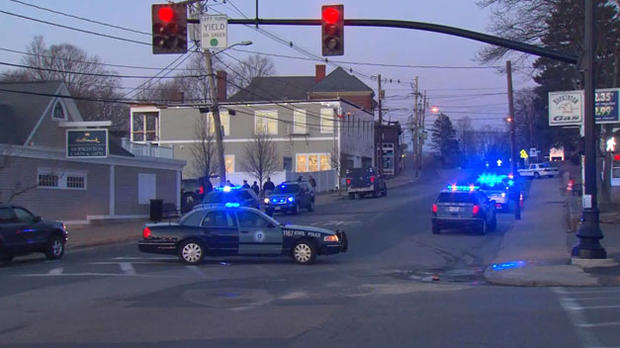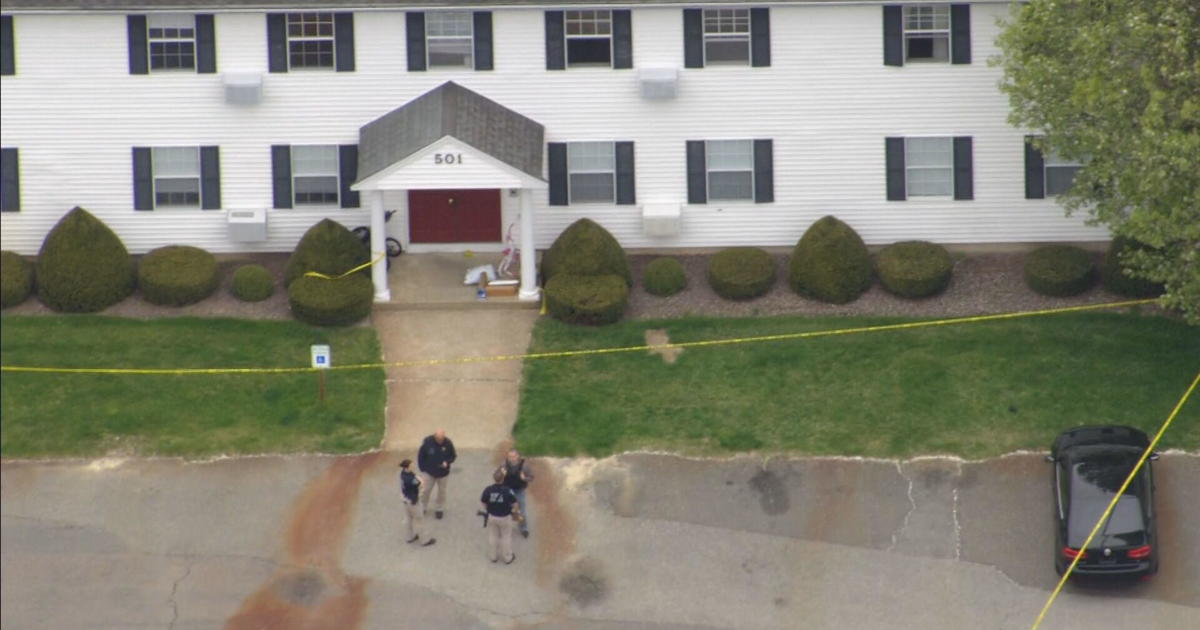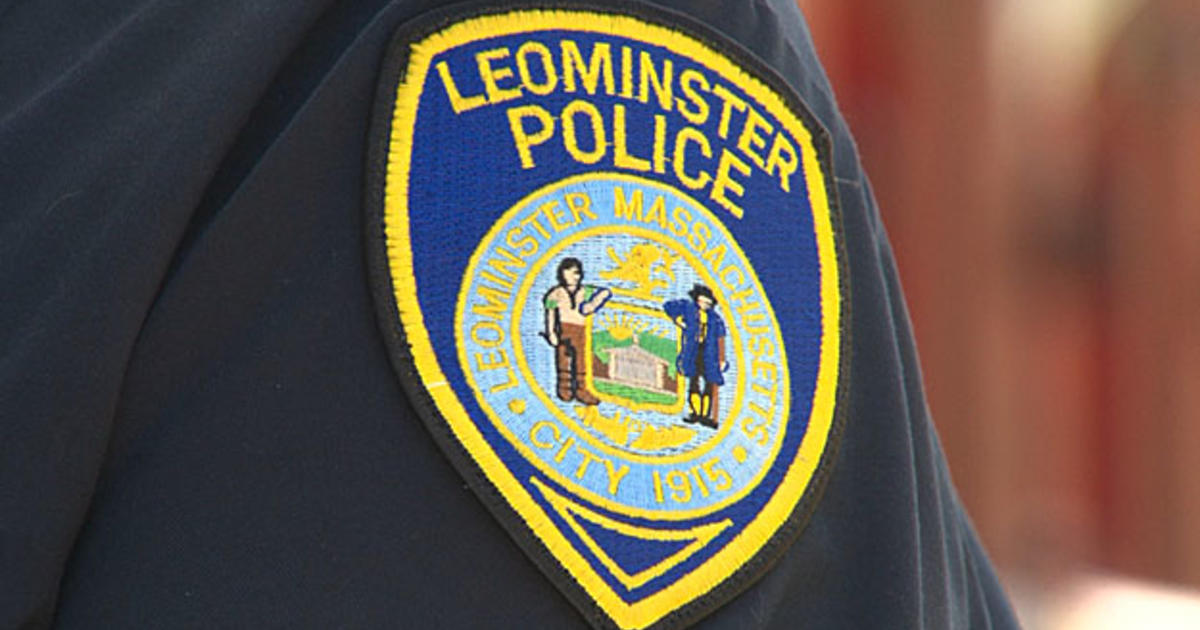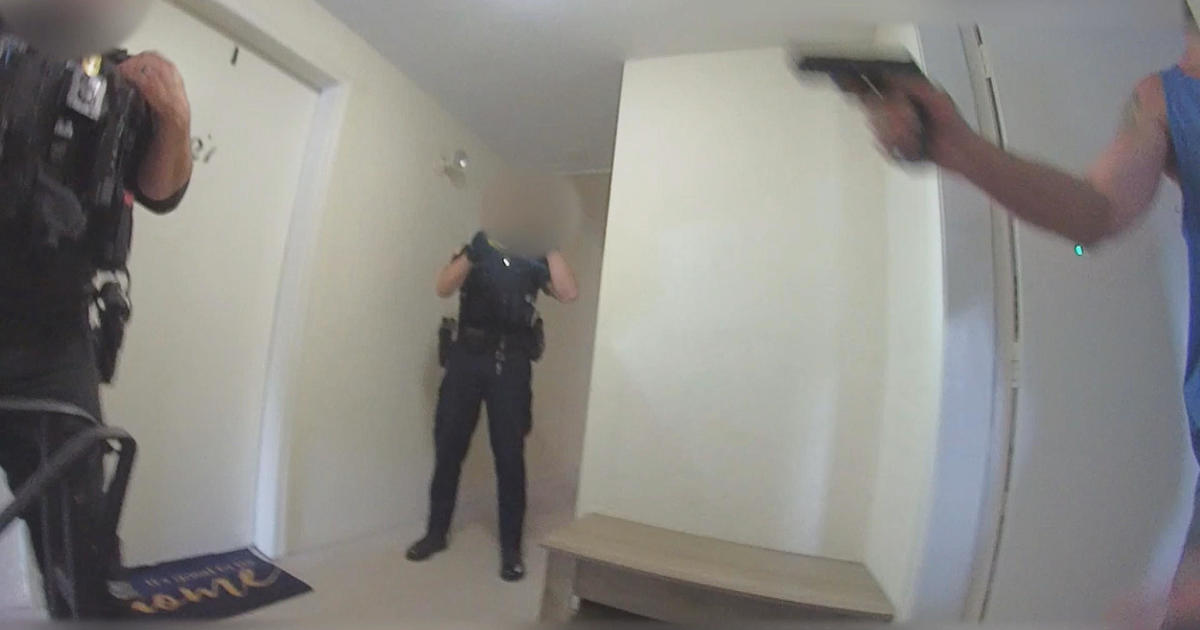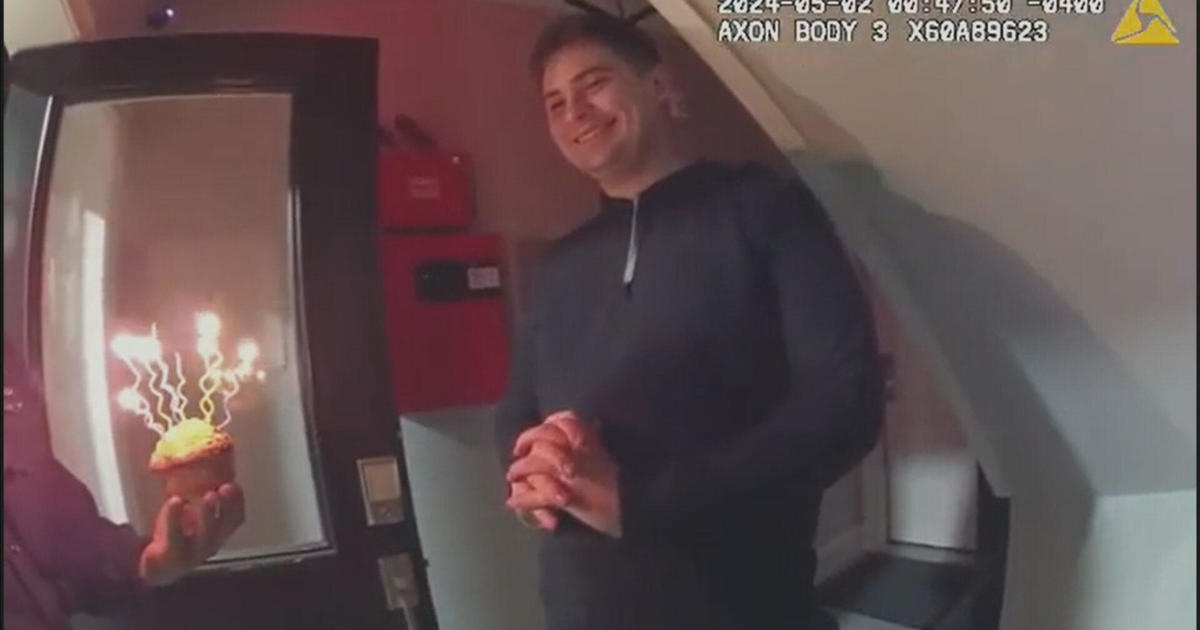Law Proposed By Rep. Clark Would Combat 'Swatting' Hoaxes
FRAMINGHAM (CBS) - In April, dozens of police officers swarmed a Framingham neighborhood, set up a blockade on Frost Street, surrounded a home, and drew their weapons.
They'd received a 911 call from a man who gave the name "Peter." The caller said he had shot his girlfriend and taken other family members hostage.
The real person who lived at the home, Peter Waithe, was actually at work. The only people at the house were his wife, Irandi, and his 96-year-old mother.
It was quite the surprise when police connected on the phone with Irandi and asked her to come outside.
"I saw so many police and said, 'Wow, what's happening?!" she recalled to WBZ-TV.
It turned out the Waithe family members were victims of a growing problem called, "swatting."
Swatting is described as a situation when a person calls 911 and fakes an emergency, causing law enforcement—often a SWAT team—to race to an unsuspecting victim's home.
"I got really concerned because I wanted to know why it happened to us," Peter Waithe said. "It wasted a lot of valuable police time. Somebody else might've really needed them."
Nationwide, the FBI estimates there are 400 swatting incidents every year. Massachusetts police have dealt with a number of swatting cases in 2015, including a March incident in Groton and another incident in Hopkinton involving the public library.
On Monday, Framingham Chief Ken Ferguson addressed the problem alongside Rep. Katherine Clark, who is proposing legislation that would make swatting against federal law.
"It is far more than a hoax," Clark said. "It is really such a dangerous situation for law enforcement, for victims, and for communities at large."
In April, Chief Ferguson said officers responded to a separate incident where the caller had stated he wanted to harm law enforcement. The would-be suspect had been handcuffed by the time officers realized it was a hoax.
"People are calling asking for our assistance and have a delay because we have to deal with what we think is a serious call," Ferguson said.
Federal law prohibits the use of telecommunications system to falsely report a bomb threat or a terrorist attack.
Clark's legislation would close the loophole by also prohibiting someone from knowingly transmitting false information with the intent to cause an emergency law enforcement response.
Ryan Kath can be reached at rkath@cbs.com. You can also follow him on Twitter or connect on Facebook.
